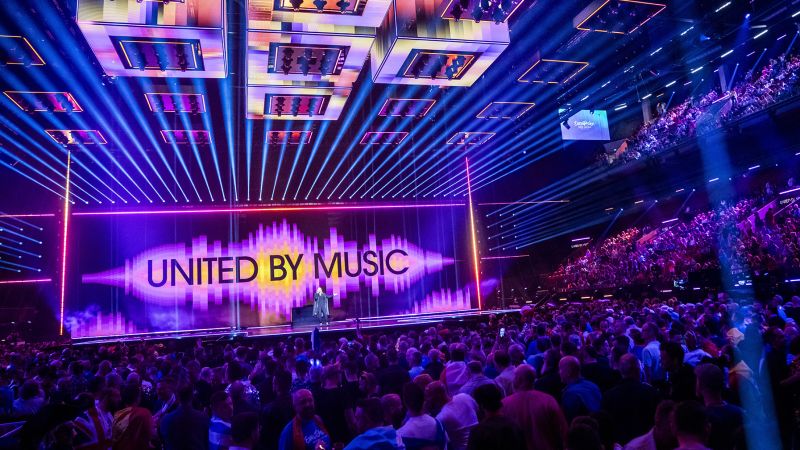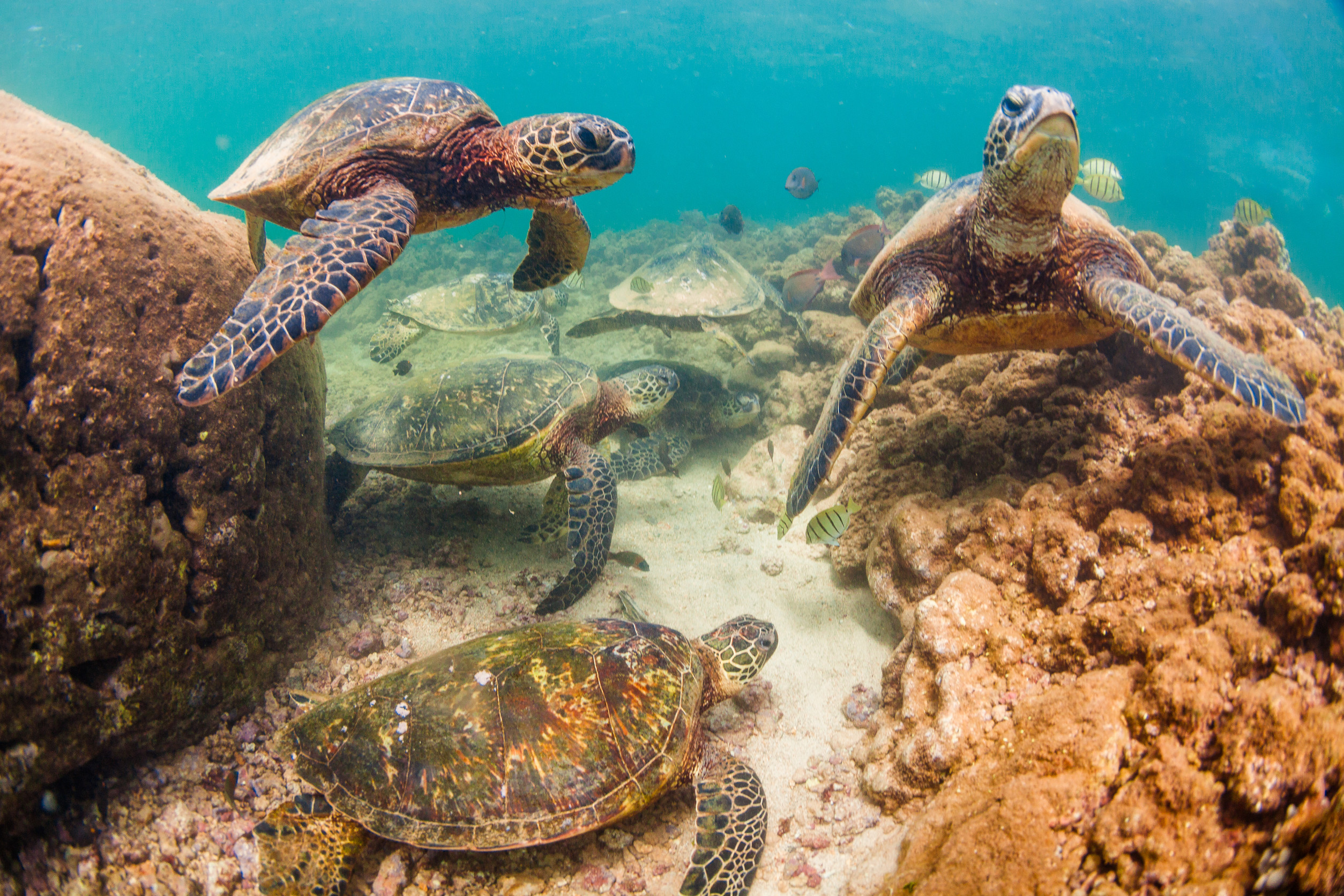The European Broadcasting Union (EBU) has updated its flag policy for the Eurovision Song Contest , overturning a ban on banners such as the Palestinian flag in the audience, but introducing tougher restrictions on artists. Under the new policy, spectators in Basel, Switzerland, are allowed to wave any flag permitted under Swiss law, making space for Palestinian banners to appear on camera during the grand final on May 17. Long-standing rules preventing flags of non-competing countries and territories previously meant that Palestinian flags were banned.
One contestant, Sweden’s Eric Saade, did discreetly wear a keffiyeh – a symbol of Palestinian solidarity – during the semi-finals last year in Malmo. Saade’s quiet protest underscores a familiar pattern for Eurovision, which has long presented itself as apolitical but frequently becomes entangled in debates over inclusion. In a statement to CNN Tuesday, Eurovision organizer the EBU said it aimed to “strike a balance to ensure that our audiences and artists can express their enthusiasm and identities, whilst at the same time provide more clarity for the delegations when it comes to official spaces.

” The 2025 audience flag policy prohibits flags with racist or discriminatory content, including symbols that incite hatred or violence, flags that can be considered offensive or defamatory, and flags containing symbols of banned terrorist organizations. But while the audience rules have relaxed, performers are being held to a stricter standard. Only national flags will be allowed in official Eurovision spaces – including the stage, green room, turquoise carpet and Eurovision Village stage – effectively banning the rainbow Pride flag, the Palestinian flag, and the European Union banner for artists.
The updated policy states that performers are limited to showing “only official flags of the country they are representing in the contest.” This marks a distinct shift from recent years, as the EBU told CNN Tuesday that in previous years, the policy was to “allow the flags of the participating countries and Pride flags.” Dutch broadcaster Avrotros told CNN that the updated flag policy is “for reasons of visual clarity and neutrality.
” The aim, it said, is to ensure that “it is immediately clear which country is being represented.” The policy, adopted jointly by the EBU and Swiss host broadcaster SRG SSR, has triggered backlash from some LGBTQ+ advocacy groups. Dutch rights group COC Nederland called the ban on Pride flags for performers “downright ridiculous.
” “It’s like you are banning people from holding hands, kissing each other, or wearing an earring,” a spokesperson said in a press release. “The flag is (a) symbol of who you are.” Maria Sjödin, executive director of LGBTQ+ human rights organization Outright International, told CNN Tuesday that Eurovision has “long been an important space for the LGBTIQ community,” and that “both artists and audiences should be free to celebrate that openly.
” “Limiting expressions of support for equality – through flags, colors, or words – weakens the spirit of Eurovision, which thrives on diversity, creativity, and freedom,” Sjödin said. The flag spat is just the latest flashpoint in Eurovision’s increasingly fraught balancing act between cultural celebration and political reality. During last year’s competition, organizers faced outrage over Israel’s inclusion as its war in Gaza intensified.
Irish artist Bambie Thug told CNN at the time that they “100%” disagreed with the decision to ban Palestinian flags from the crowd. Israel ultimately took part after the EBU forced lyric changes to its original entry , “October Rain,” due to concerns it referenced Hamas’ October 7 attacks. The replacement song, “Hurricane,” still drew protests outside the Malmo Arena.
Despite repeated claims that Eurovision is a “non-political” competition, high-level interventions and escalating protest have made that position increasingly difficult to maintain. CNN’s Rob Picheta and Mick Krever contributed reporting..
Environment

Eurovision lifts ban on Palestinian flags in the audience but puts stricter rules on artists
















